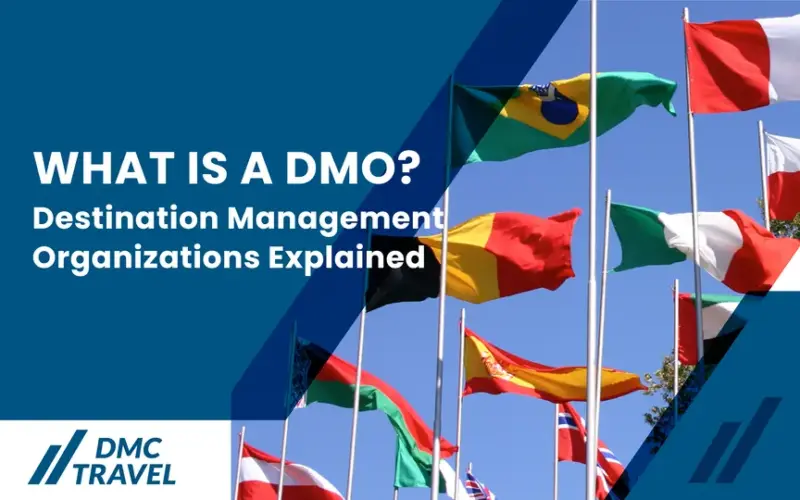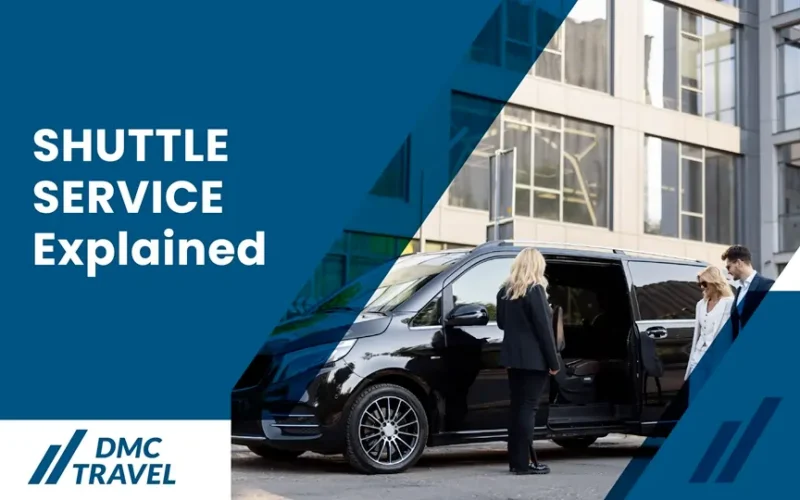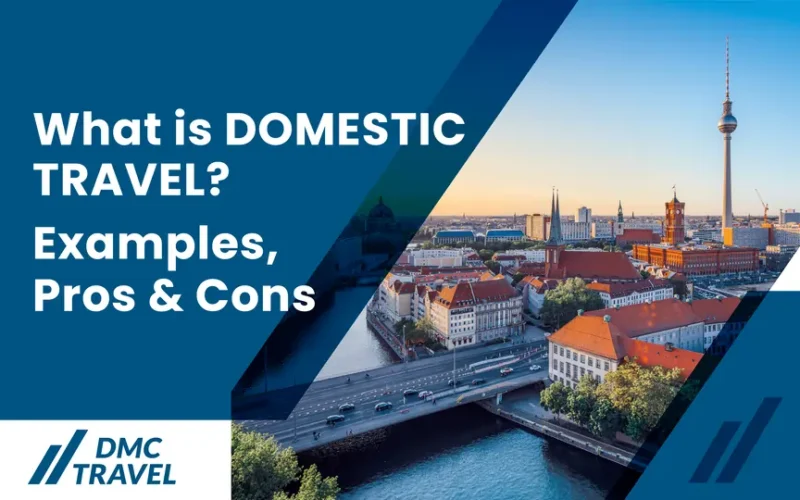
“Bleisure travel” is on the rise because it joins the best of two worlds. In our newest article, you can check out everything about the latest trend!
At a first glance, traveling is the quintessential way to spend free time. We can relax, enjoy the nightlife, visit beautiful places, go shopping… However, there is an important downside to that: leisure travel requires time and money which most of us do not have as often as we would like.
In a few words, business travel is the opposite: some jobs demand it frequently, but it is usually done in a hurry. We go from one meeting to the next, leaving little to no time to enjoy the place. What if there was a way to enjoy traveling while keeping up with our professional obligations?
New meaning of leisure travel
Many companies are embracing the idea of blending business and leisure. The basic concept is to extend an upcoming business trip so the professional can have more time than usual and, as a result, a chance to enjoy themselves. In most cases, those extra days are taken off work.
This way, the line between business and leisure travel becomes blurred, offering a middle ground between demanding work trips and completely relaxing leisure travel experiences that focus solely on personal enjoyment. While the strategy may look complex and messy at first, the truth is that it can literally transform a problem of the past into an opportunity to cut costs and improve the relationship between employee and company.
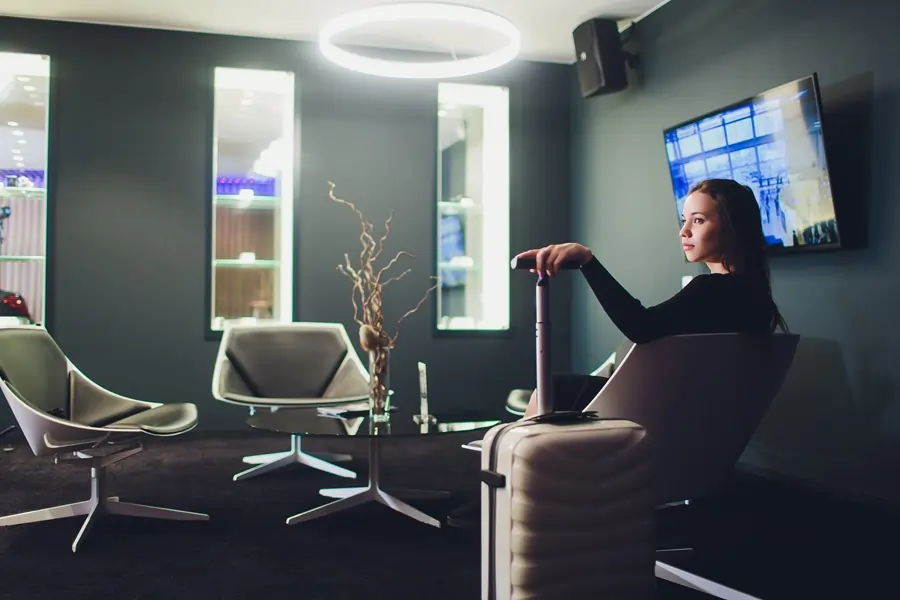
Bleisure travel to the rescue
Imagine that your company is sending you to a major city for a conference. The idea is to keep you there for a few more days, and have you use them as spare time. Some companies go even further and add vacation packages through incentive travel programs, especially if you have reached a major milestone for them.
This way, your company is literally helping you take a few days off. But even if you do not get the vacation package, you can still save a lot on airplane tickets, for example. The company, on the other hand, benefits from having you go away for a period that was previously arranged with it.
Bleisure travelers may participate in activities such as adventure travel (e.g., hiking, skiing), cultural tourism (e.g., visiting museums), or eco-tourism. Many bleisure travelers work with destination management companies (DMCs) to seamlessly blend their business obligations with personalized leisure experiences, ensuring both aspects of their trip are expertly coordinated.
Here are some perks you can get from bleisure travel:
- Lower costs since the company will pay for part of your trip.
- The chance to visit major cities such as New York or Paris.
- Much more likely to have your vacation approved that way.
- Your relationship with the company becomes much better.
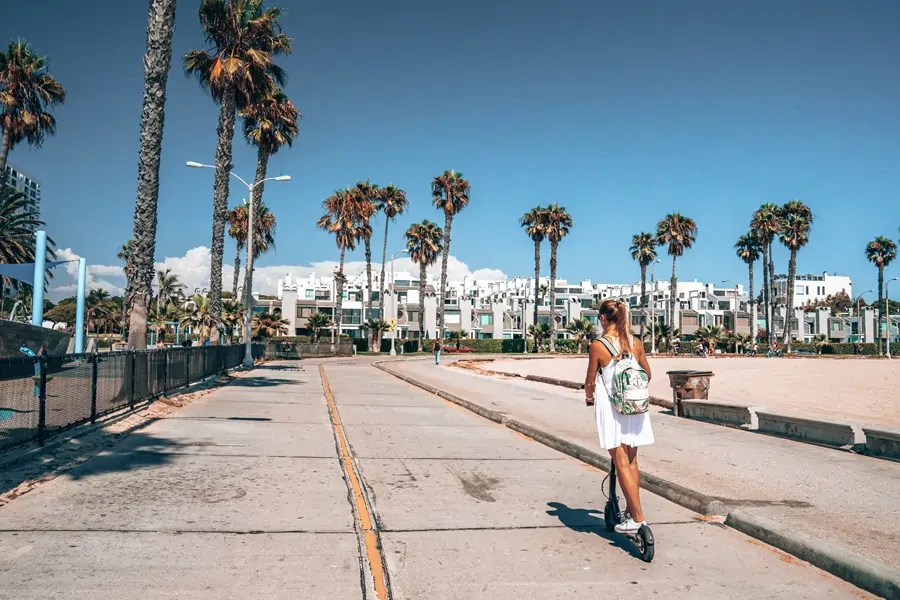
How can I enjoy those trips?
Since the destination is often chosen by the company, for the business part of the trip, the best solution is to research the top attractions wherever you are going. This way, you can also study details such as how to arrive there, how much to spend there, what pitfalls to avoid, and so on.
If your company is involved in the leisure part of your trip as well, there is another resource one can use: destination management companies. Those agencies specialize on local tourism, so they will be able to assemble an entire vacation package for you and your travel mates to enjoy.
For now, we can give you some ideas of packages to plan:
- Adventure travel is perfect for kayaking, skiing, hiking, and so on.
- Cultural tourism is a chance to visit famous museums and theaters.
- Eco travel visits beautiful places and educates you on sustainability.
- All-inclusive packages are the best option if you just want to party.
What else do I need to know?
The main idea to keep in mind is that bleisure travel is supposed to cater to your business and leisure demands equally. Since you want your company to help you with the leisure part, you should help it back with the business part. Careful and attentive planning goes a long way here.
In other words, you should plan an itinerary that makes sure to fulfil the company’s needs, and that does not bring unnecessary costs. This way, you can build a healthy relationship with your company and pave the way for other bleisure trips that may be even better than the first ones!
These are the topics you should discuss with your company:
- Maximum duration of the entire trip and possible extensions.
- How to handle the return trip and recurrent costs like taxi fares.
- Usage of holidays and/or PTO for the leisure part of the trip.
- How to handle spare time during the business part of the trip.
When is your next bleisure trip?
We hope that this reading has opened your mind about bleisure travel. It has become a rising trend because it joins the best of both worlds: you get to enjoy time off at a beautiful place and the company keeps having its needs met. You can count on us for more advice on those topics!

